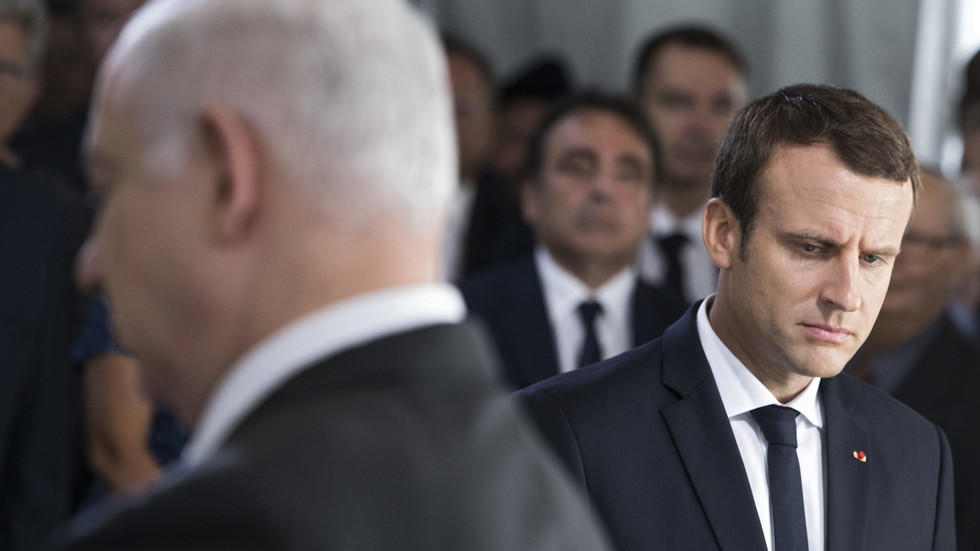The recent conflict involving Israel and Lebanon has sharply highlighted the tensions between French interests and Israeli actions. French President Emmanuel Macron is increasingly frustrated with Israel’s military actions, which he perceives as reckless, likening Israel to a “spoiled brat” given free rein by Western powers like the United States. Despite Macron’s attempts to assert France’s position in the region, especially during high-profile events like the Francophonie Summit, he finds himself constrained by the reality of U.S. support for Israel. Macron’s call for a political solution and an arms embargo strikes a hollow note when juxtaposed with France’s ongoing military support for Israel, revealing a dissonance between his rhetoric and actions.
Macron’s position is further complicated by France’s historical and economic ties to Lebanon, as French is widely spoken there and France sees it as part of its sphere of influence. The invasion of Lebanon by Israel has crossed a significant line for France, which now feels its interests threatened. Macron’s vocal opposition to Israeli actions was met with immediate backlash, illustrated by the Israeli bombing of a French energy facility in Beirut shortly after his comments. This action underscores Israel’s disregard for French interests, as it cancels ongoing gas exploration negotiations with France’s TotalEnergies, thereby presenting a direct challenge to Macron’s authority in the region.
The imbalance of military support is striking, with 69% of Israel’s arms supplied by the United States. Despite Macron’s claims of not shipping weapons to Israel, logistical and evidential contradictions exist. Reports indicate that France still supplies critical military components to Israel, drawing attention to the hypocrisy in Macron’s assertions. The extent of military exports from France to Israel in 2023 alone raises questions about the sincerity of Macron’s calls for restraint and his positioning as a mediator in the complex geopolitical landscape of the Middle East.
Macron’s dilemma reflects a larger trend of European nations grappling with their diminished influence in the face of overwhelming American hegemony. Unlike Charles De Gaulle, who successfully navigated challenges to France’s sovereignty during a time of profound global change, Macron appears ill-equipped to leverage France’s potential power effectively. His ineffective posture at times resembles a plea for U.S. recognition rather than the strong leadership De Gaulle once exhibited. As NATO’s focus remains fixed on NATO’s existential threats, Macron faces an uphill battle convincing Washington to share power or influence in the region, leaving him with few options.
This situation is emblematic of a broader strategic failure: the inability to reconcile European interests with U.S. priorities. Macron’s dependency on Washington for de-escalation reveals weaknesses in European diplomatic strategies, particularly as American policy choices seem indifferent to the ramifications for its allies. The question remains why the U.S. would prioritize French or European interests when American arms industries benefit from continued conflict— a contradiction that manifests in Macron’s public proclamations.
As the conflict continues and further escalations seem likely, the balance of economic and military power grows increasingly more lopsided. With Washington deeply invested in preserving its ally’s military actions, Macron’s France must find a new path to reclaim its influence and forge a cohesive European response, or resign itself to being overshadowed by American priorities in the increasingly tumultuous Middle East. The current state of affairs unfortunately places French interests at the mercy of U.S. directives, creating a precarious situation for both France and its purported regional allies.

